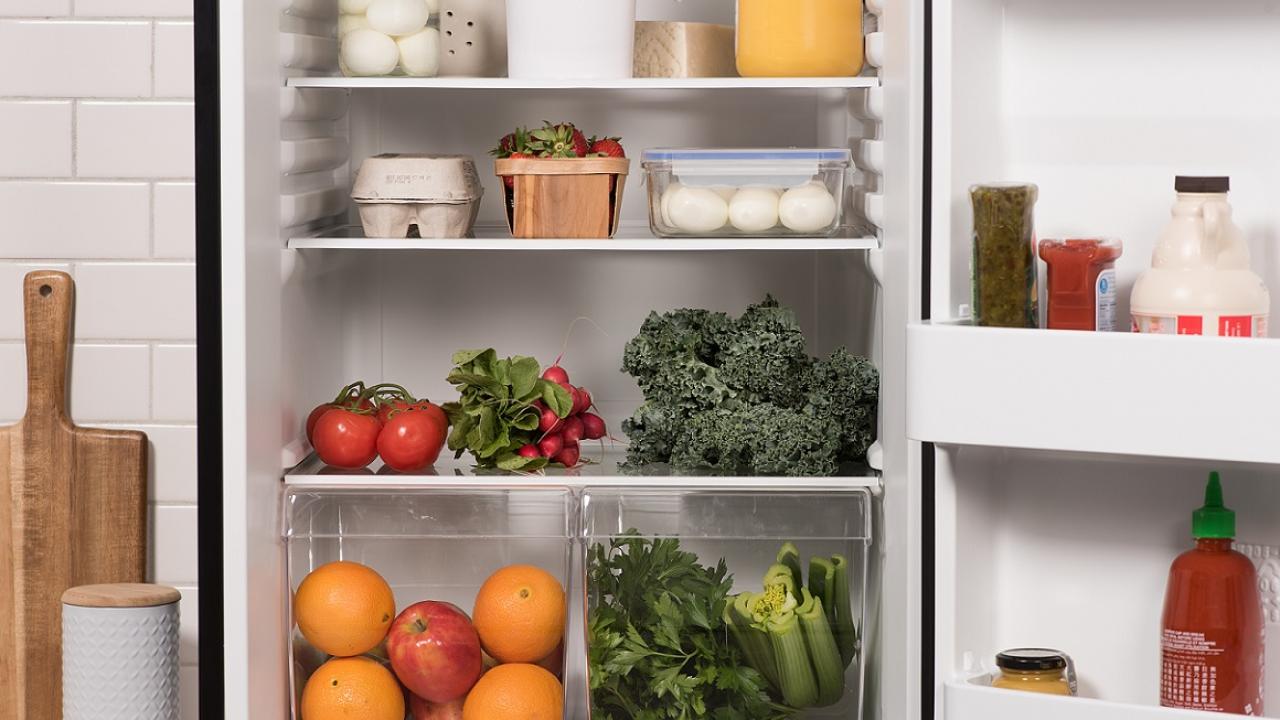

Articles
How To Store Boiled Eggs In Fridge
Modified: March 2, 2024
Learn the best way to store boiled eggs in the fridge and keep them fresh for longer. Read our informative articles on proper egg storage techniques.
(Many of the links in this article redirect to a specific reviewed product. Your purchase of these products through affiliate links helps to generate commission for Storables.com, at no extra cost. Learn more)
Introduction
Boiled eggs are a versatile and nutritious food that can be enjoyed in a variety of ways. Whether you like them sliced on a salad, mashed in a sandwich, or simply eaten on their own, boiled eggs are a convenient and tasty option. However, once you’ve boiled a batch of eggs, you may find yourself wondering how to store them properly to maintain their freshness and quality.
In this article, we will explore the benefits of storing boiled eggs in the fridge and provide you with a step-by-step guide on how to store them properly. We will also share some tips to help you extend the shelf life of your boiled eggs and answer the burning question of how long you can store them in the fridge.
So, let’s dive in and discover the best practices for storing boiled eggs in the refrigerator!
Key Takeaways:
- Properly storing boiled eggs in the fridge extends their shelf life, ensures easy accessibility, and maintains their versatility and portability for convenient, on-the-go snacking and meal prep.
- Cooling, peeling, and storing boiled eggs in airtight containers in the fridge preserves their freshness and quality, allowing for up to one week of enjoyment while following simple, step-by-step processes.
Read more: How To Store Boiled Eggs
Benefits of Storing Boiled Eggs in the Fridge
Storing boiled eggs in the fridge offers numerous benefits that contribute to their freshness, flavor, and overall quality. Here are some key advantages to keeping your boiled eggs chilled:
- Extended Shelf Life: Refrigeration slows down the growth of bacteria and helps to keep boiled eggs fresh for a longer period. By storing them in the fridge, you can enjoy your boiled eggs for up to one week without compromising their taste or texture.
- Easy Accessibility: Storing boiled eggs in the refrigerator makes them readily accessible whenever hunger strikes. You can have a quick and healthy snack or incorporate them into your meals with minimal effort.
- Convenience: With boiled eggs stored in the fridge, you can prep your meals in advance and save time in the kitchen. They are ideal for busy individuals who appreciate the convenience of having pre-boiled and ready-to-eat eggs on hand.
- Versatility: Chilled boiled eggs are incredibly versatile. They can be eaten as is with a sprinkle of salt and pepper, or used in various dishes such as salads, sandwiches, deviled eggs, or as a protein-packed addition to your breakfast plate.
- Portability: Storing boiled eggs in the fridge ensures that they remain intact and portable. They make an excellent on-the-go snack that you can pack for picnics, road trips, or for a protein boost during a busy day.
- Temperature Control: By refrigerating boiled eggs, you have better control over their temperature, which is especially important during warmer months. Cold storage prevents overheating and helps to maintain the integrity of the eggs.
Now that we understand the benefits of storing boiled eggs in the fridge, let’s move on to the step-by-step process of how to store them properly.
Step 1: Cooling Boiled Eggs Properly
The first step in storing boiled eggs in the fridge is to cool them properly. This process helps to stop the cooking process and prevent the eggs from becoming overcooked or developing a greenish-gray yolk.
Here’s how you can cool boiled eggs properly:
- Once your boiled eggs have finished cooking, remove them from the heat and drain the hot water.
- Place the eggs in a bowl and fill it with ice-cold water. Adding ice cubes to the water will help accelerate the cooling process.
- Allow the eggs to sit in the ice-cold water for about 5-10 minutes. During this time, the eggs will cool down rapidly.
- Gently tap the eggs on a hard surface to crack the shells. This will make it easier to peel them later.
- Once sufficiently cooled, transfer the eggs to a clean kitchen towel or paper towel and pat them dry.
Cooling boiled eggs properly is essential to prevent them from overcooking and to ensure that they are ready for the next step: peeling.
Now that we have cooled our boiled eggs, let’s move on to the next step: peeling them.
Step 2: Peeling Boiled Eggs
Peeling boiled eggs can sometimes be a bit tricky, but with a few tips and tricks, you can easily achieve perfectly peeled eggs. Here’s how to peel boiled eggs:
- Begin by gently tapping each boiled egg on a hard surface, such as a countertop or cutting board. This will create small cracks in the eggshell, making it easier to peel.
- Next, roll the egg gently between your palms, applying slight pressure. This will help to further loosen the shell and separate it from the egg white.
- Starting at the wider end of the egg, carefully peel off small pieces of the shell. Make sure to peel under running water or a bowl of water to help remove any bits of shell that may stick to the egg.
- If you encounter a stubborn piece of shell that won’t come off easily, you can use the back of a spoon to gently lift or scrape it away.
- Repeat the process for each boiled egg, taking your time to ensure a smooth and clean peel.
Peeling boiled eggs can be a bit messy at times, so don’t worry if you don’t get it perfect every time. The key is to be gentle and patient while removing the shell.
Now that we have successfully peeled our boiled eggs, let’s move on to the final step: storing them in the fridge.
Store boiled eggs in the fridge in a covered container to prevent absorption of other odors. They can be kept for up to one week.
Step 3: Storing Boiled Eggs in the Fridge
Now that we have cooled and peeled our boiled eggs, it’s time to store them properly in the fridge to maintain their freshness and quality. Here’s how to store boiled eggs in the fridge:
- Prepare a clean and airtight container. You can use a plastic container, a lidded glass container, or a resealable plastic bag.
- Place the peeled eggs gently into the container, making sure not to overcrowd them. Leaving some space between each egg will prevent them from sticking together.
- If you prefer, you can lightly coat the peeled eggs with a thin layer of vegetable oil or wrap them individually in plastic wrap. This can help to further seal in moisture and prevent the eggs from drying out.
- Once the eggs are in the container, close the lid tightly or seal the bag, ensuring there is no air or moisture escaping.
- Label the container or bag with the date to keep track of their freshness.
- Finally, place the container with the boiled eggs into the main section of your refrigerator, where the temperature is consistent. Avoid storing them in the refrigerator door as it tends to experience temperature fluctuations.
By following these steps, your boiled eggs will stay fresh and delicious in the fridge, ready to enjoy whenever you desire.
Now that you know how to store boiled eggs in the fridge, let’s explore some additional tips to help you maximize their shelf life.
Read more: How To Store Hard-Boiled Eggs
Tips for Properly Storing Boiled Eggs
To ensure that your boiled eggs stay fresh and delicious for as long as possible, consider these helpful tips for proper storage:
- Keep the shells on until ready to eat: It’s best to keep the shells intact until you’re ready to consume the boiled eggs. The shells act as a protective barrier, keeping the eggs moist and preventing any off-odors from permeating the egg.
- Avoid seasoning the eggs before storage: If you plan to season or add spices to your boiled eggs, it’s best to do so right before eating. Seasonings can draw out moisture from the eggs and affect their texture if applied too far in advance.
- Store boiled eggs separately from strong-smelling foods: Boiled eggs can absorb odors easily, so it’s essential to store them separately from strong-smelling foods like onions, garlic, or fish. This will help maintain the natural flavor of the eggs.
- Refrigerate the boiled eggs promptly: After peeling and storing the boiled eggs in the fridge, make sure to refrigerate them promptly. Prompt refrigeration helps to maintain the integrity and quality of the eggs.
- Use airtight containers: Opt for airtight containers or resealable bags when storing boiled eggs. This will prevent moisture loss and protect the eggs from absorbing any unwanted flavors from other foods in the fridge.
- Store boiled eggs on a separate shelf: It’s a good practice to store boiled eggs on a separate shelf or in a designated area of the fridge. This helps to avoid cross-contamination and ensures that the eggs remain undisturbed.
- Keep a record of the storage date: To keep track of the freshness of your boiled eggs, label the container with the storage date. This will help you determine their shelf life and consume them within a recommended timeframe.
By following these tips, you can prolong the shelf life and maintain the quality of your boiled eggs, ensuring that they are always ready to be enjoyed.
Now that we have covered the storage tips, let’s address the common question of how long boiled eggs can be stored in the fridge.
How Long Can Boiled Eggs be Stored in the Fridge?
The storage time for boiled eggs in the fridge can vary depending on several factors, including their freshness, how well they are stored, and how they are handled. Generally, boiled eggs can be stored in the fridge for up to one week.
It is important to note that the clock starts ticking from the moment the eggs are boiled. If you aren’t sure of the exact boiling date, it’s a good practice to label the container with the storage date to keep track of their freshness.
While boiled eggs can be safely eaten within a week, it is recommended to consume them earlier for the best taste and quality. As time passes, the texture of the egg white may become slightly rubbery, and the flavor could diminish.
It’s also important to trust your senses when determining whether a boiled egg is still good to eat. If you notice an off-putting odor or any signs of spoilage, such as a slimy texture or discoloration, it is best to discard the egg.
Remember that proper storage plays a crucial role in preserving the freshness and quality of boiled eggs. By cooling, peeling, and storing them correctly in airtight containers, you can extend their shelf life and enjoy them at their best.
Now that you know how long boiled eggs can be stored in the fridge, let’s wrap up our discussion.
Conclusion
Storing boiled eggs in the fridge is a simple yet important step to maintain their freshness and quality. By properly cooling, peeling, and storing boiled eggs, you ensure that they remain delicious and ready to enjoy whenever you desire.
We discussed the benefits of storing boiled eggs in the fridge, including extended shelf life, easy accessibility, convenience, versatility, portability, and temperature control. These advantages make refrigeration a preferred method for preserving boiled eggs.
We also walked through the step-by-step process of cooling boiled eggs, peeling them, and storing them in the fridge. Properly cooling the eggs helps prevent overcooking, while gentle peeling ensures a smooth and clean egg surface. Storing the boiled eggs in airtight containers keeps them fresh, allowing you to enjoy them throughout the week.
Additionally, we provided some helpful tips for properly storing boiled eggs, such as keeping the shells on until ready to eat, avoiding seasoning them in advance, and storing them separately from strong-smelling foods. These tips help maintain the flavor and quality of the eggs.
Lastly, we addressed the common question of how long boiled eggs can be stored in the fridge. While they can be safely stored for up to one week, it is recommended to consume boiled eggs within a shorter timeframe for the best taste and texture.
Now that you have a clear understanding of how to store boiled eggs in the fridge, it’s time to put this knowledge into practice. Whether you enjoy them as a snack, a salad topping, or a sandwich filling, stored boiled eggs are a versatile and nutritious option to have on hand.
So go ahead, boil some eggs, follow the steps, and enjoy the convenience of having freshly stored boiled eggs ready in your fridge whenever you need them!
Frequently Asked Questions about How To Store Boiled Eggs In Fridge
Was this page helpful?
At Storables.com, we guarantee accurate and reliable information. Our content, validated by Expert Board Contributors, is crafted following stringent Editorial Policies. We're committed to providing you with well-researched, expert-backed insights for all your informational needs.







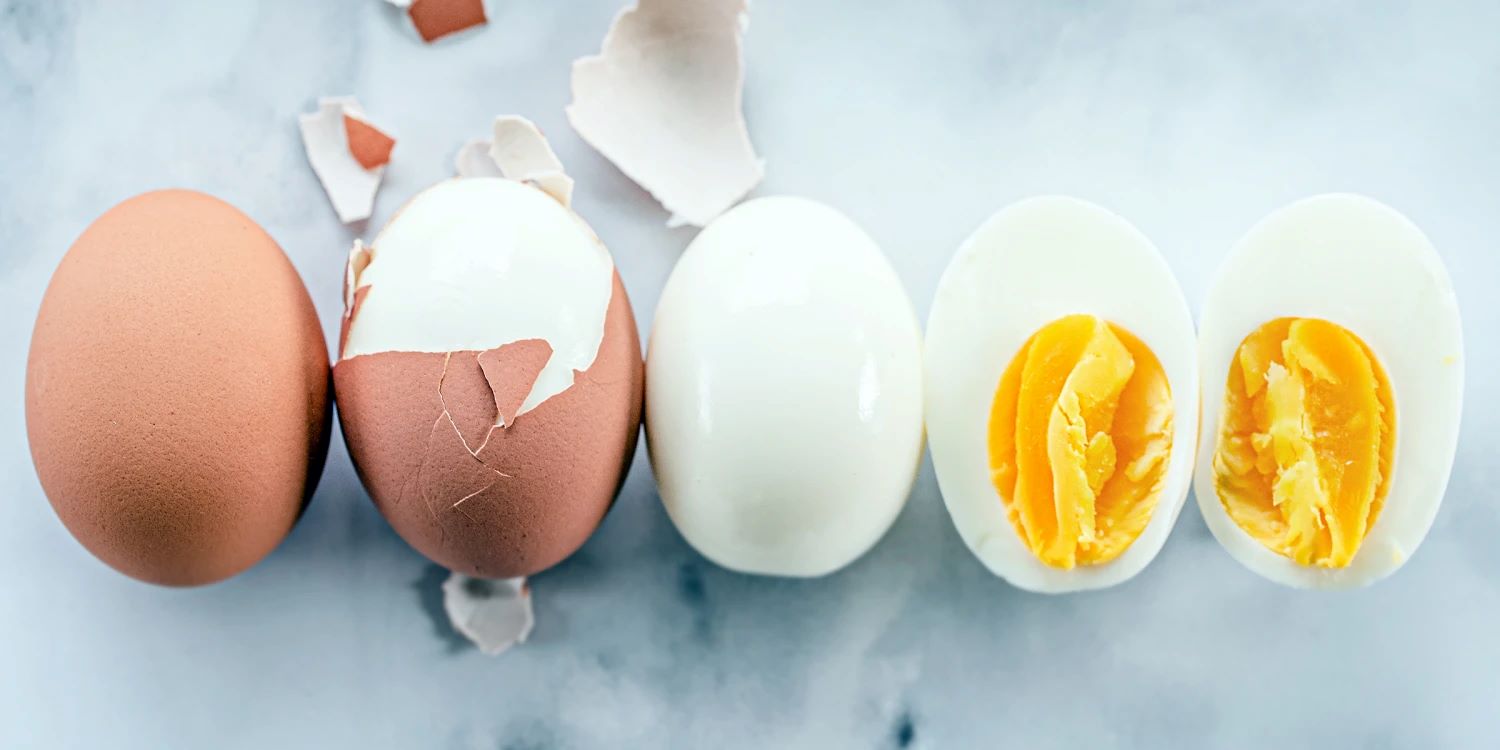

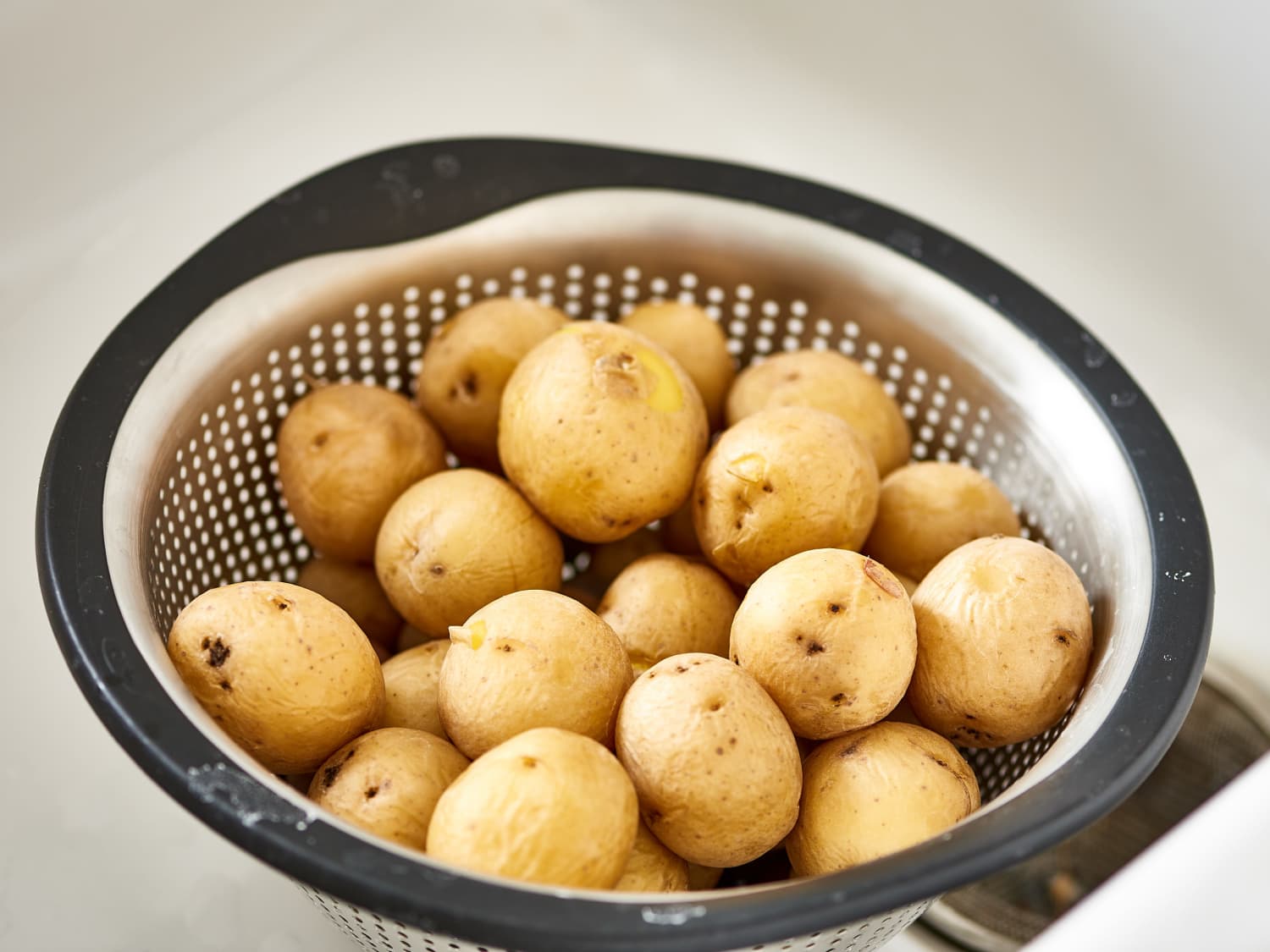
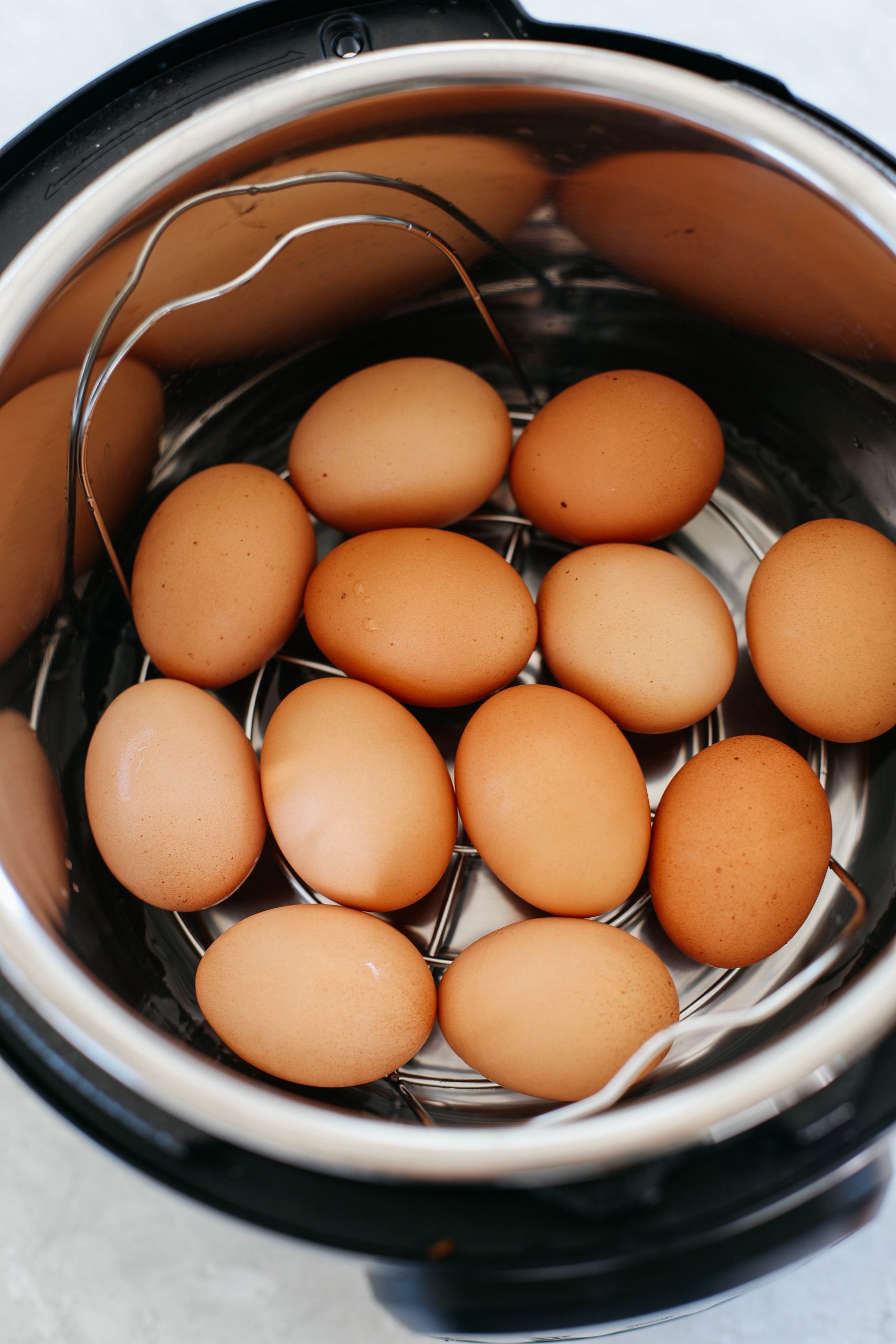

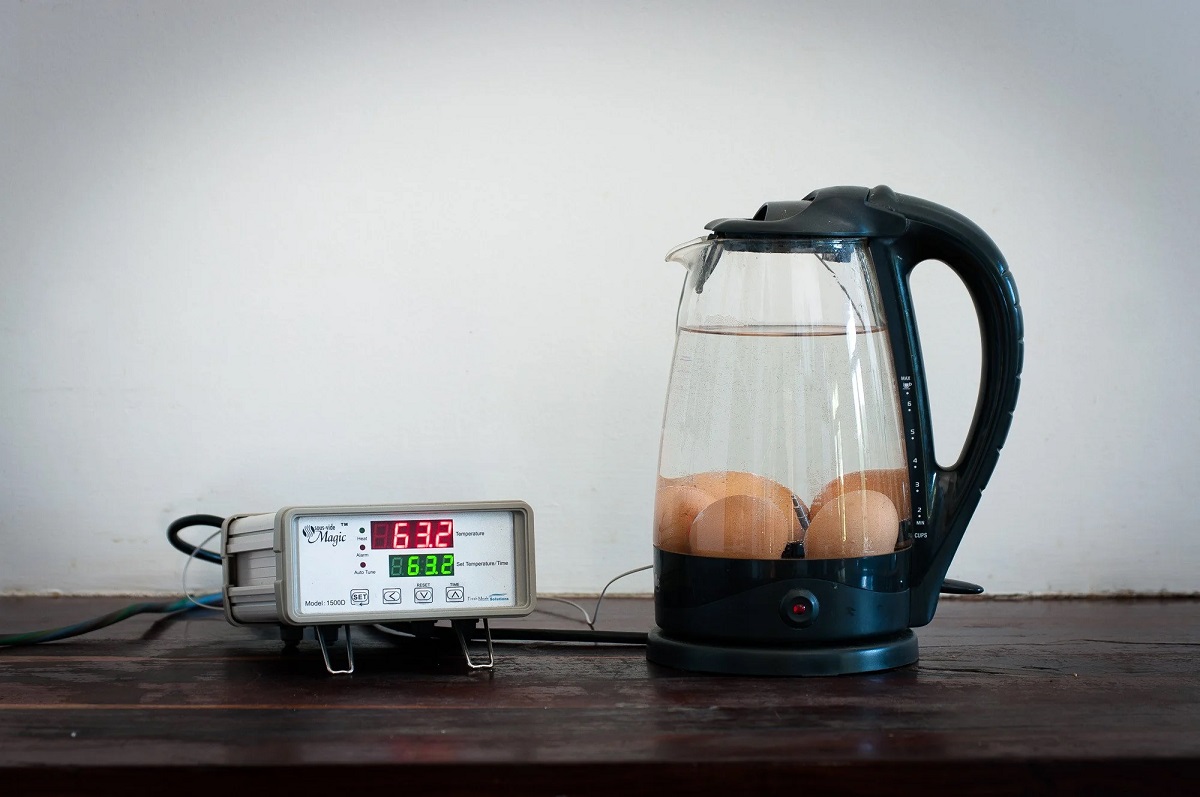
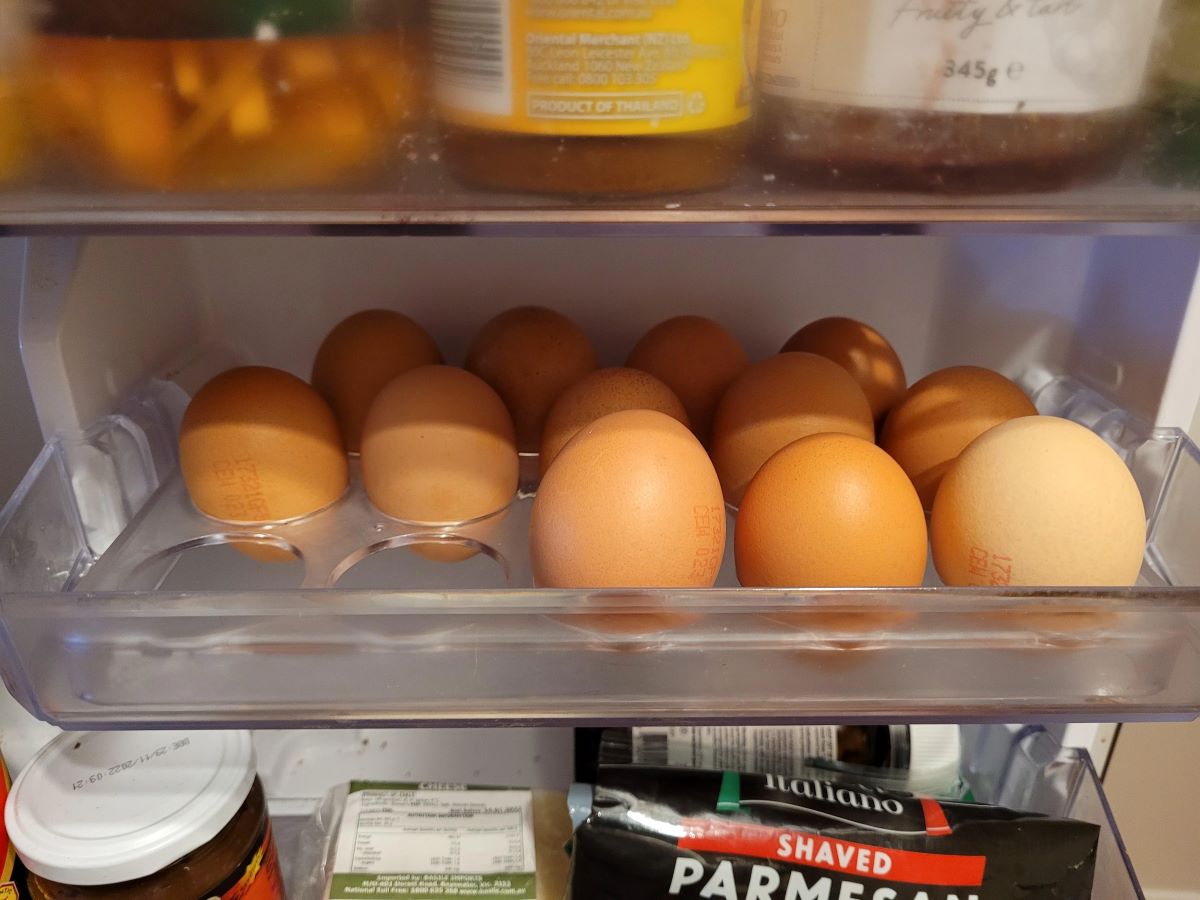

0 thoughts on “How To Store Boiled Eggs In Fridge”